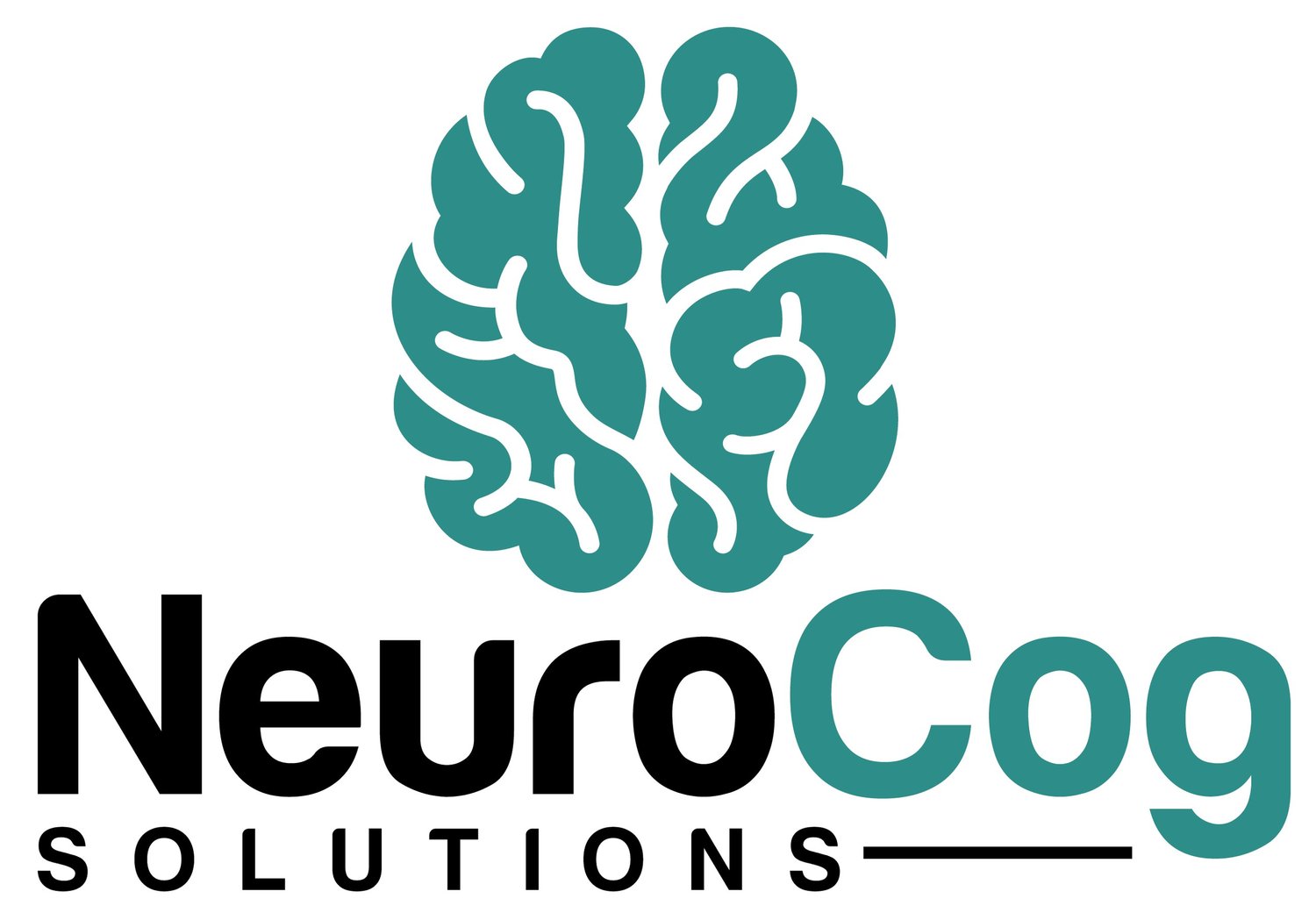What is the difference between dementia and Alzheimer’s Disease?
Dementia is an umbrella term used to describe cognitive decline. There are various different causes of cognitive decline and Alzheimer's disease is just one of the many causes. Here are some examples of conditions that can cause dementia:
Alzheimer's disease
Lewy body disease
Vascular disease
Frontotemporal dementia
Corticobasal degeneration
Traumatic brain injury
Viral infections (e.g., HIV)
Prion disease
Parkinson's disease
Huntington's disease
Alcoholism
Each of these conditions present differently (both the neuropathology in the brain and how the person experiences symptoms in everyday life). For example, Alzheimer's disease usually affects memory first, while frontotemporal dementia may impact behaviors or language first.
In addition, the term “dementia” often refers to the more advanced stages of cognitive decline. In the beginning, thinking changes may be called “mild cognitive impairment” or a “mild neurocognitive disorder.” In this stage, the person has some mild symptoms, but they do not interfere with their ability to independently carry out complex living skills, such as managing finances. Once the symptoms impact daily living skills (such as paying bills, managing medications, completing chores, driving, etc.), then the condition can be called dementia, due to the specific disease (e.g., dementia, due to Alzheimer’s disease). Sometimes, more than one condition can contribute to changes in thinking.
If a loved one is experiencing cognitive changes, a neuropsychological evaluation can help determine which disease is contributing to the decline and provide recommendations to make daily life a little easier. Medical and therapy interventions can be tailored to the specific condition.
